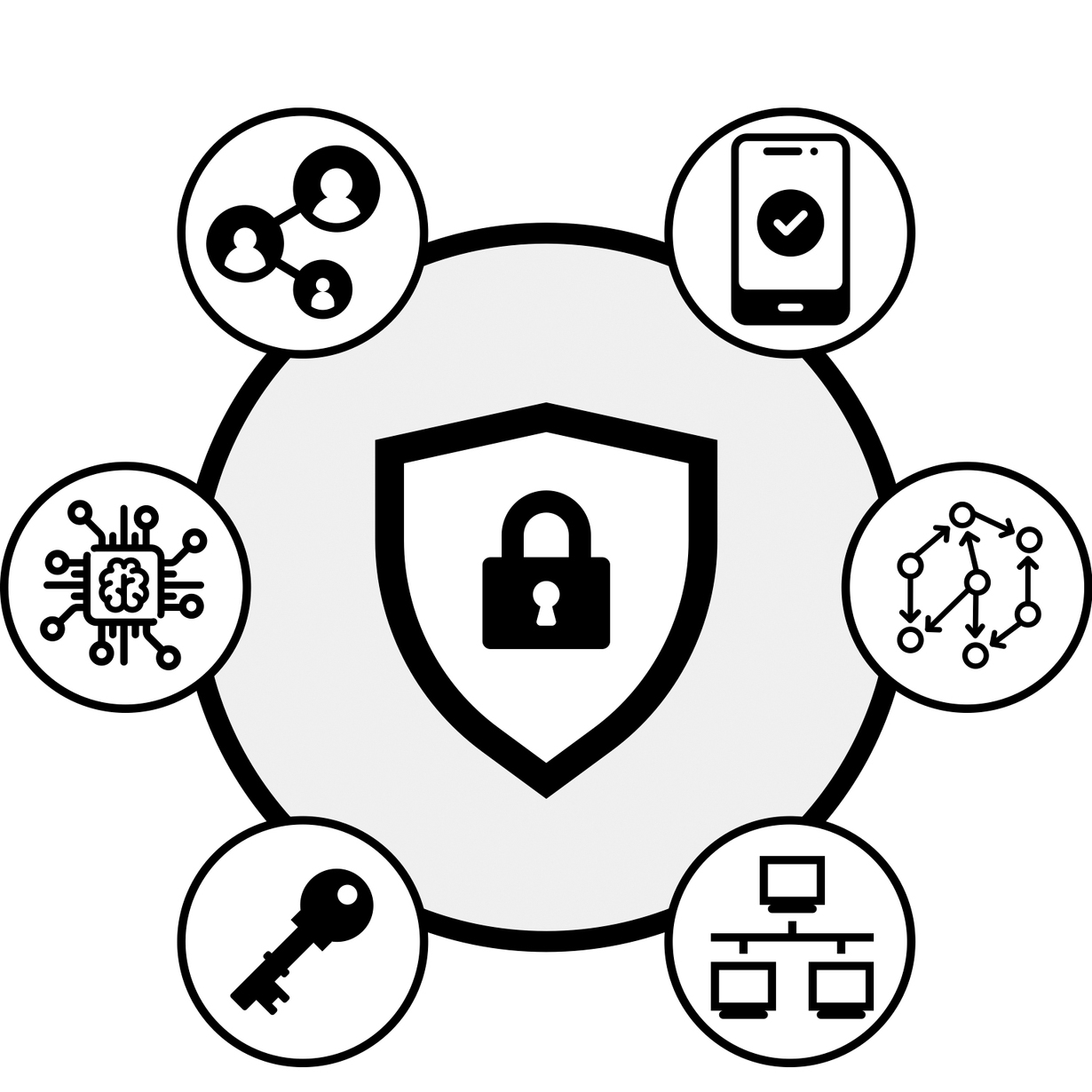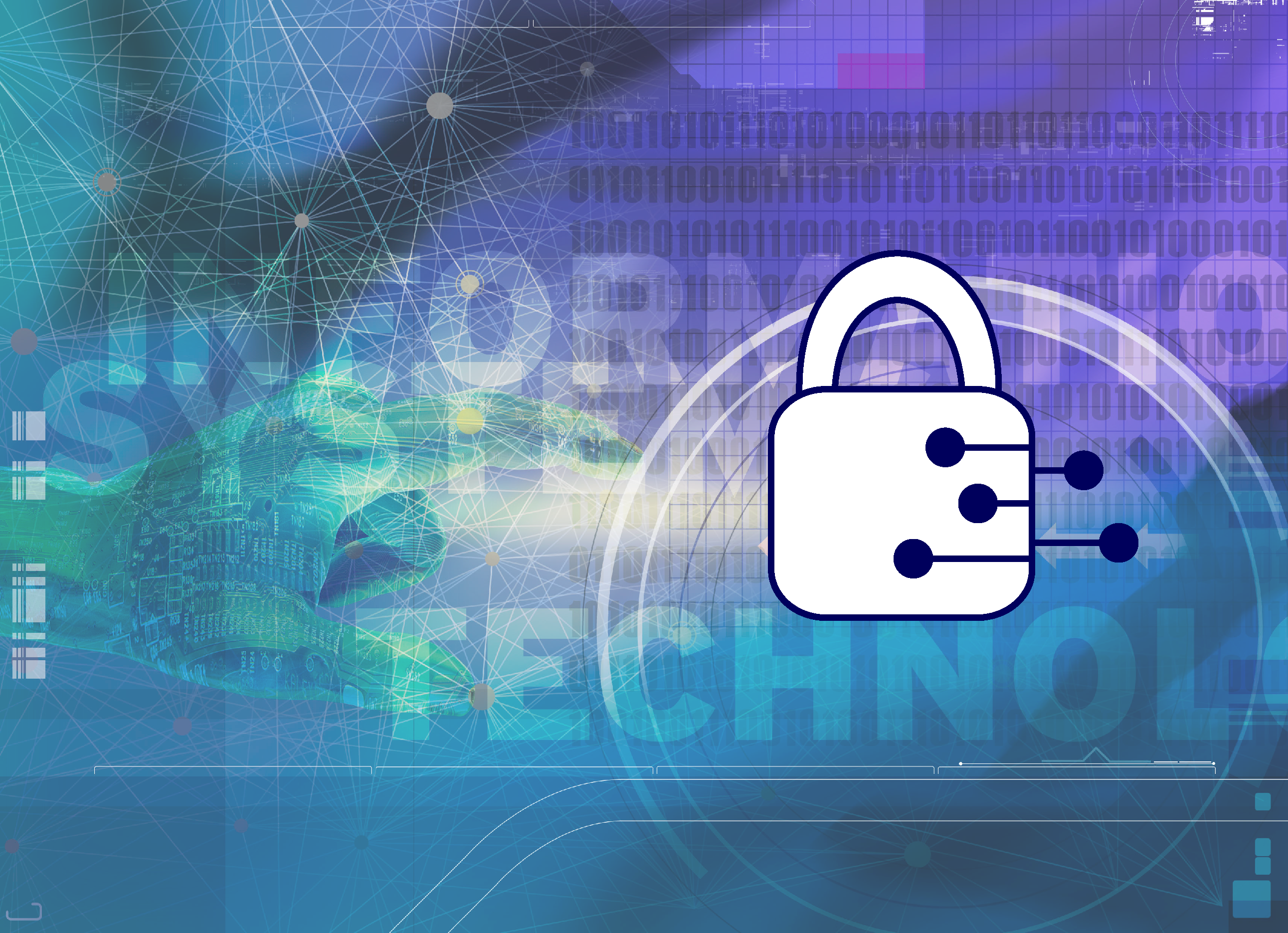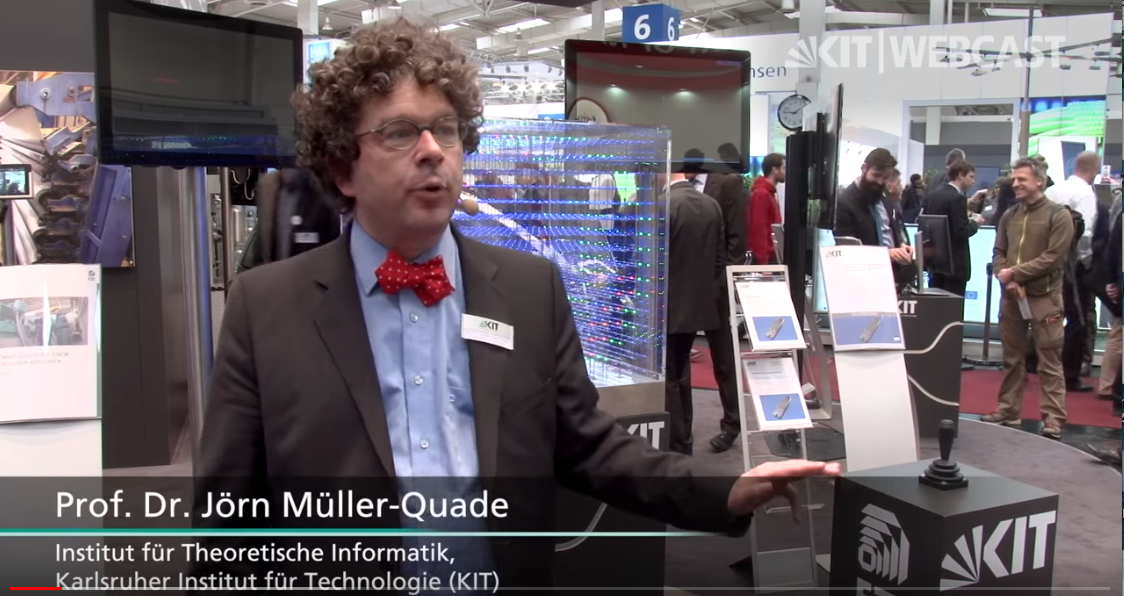
The goal is to research and develop comprehensive engineering methods in the area of IT security and dependability in addition to devising specific solutions for secure and dependable systems. In doing so, we put a particular focus on specific application areas, such as power grids, intelligent factories, or autonomous vehicles. Engineering here refers to systematically achieving working solutions that are not only secure (and here we include privacy and safety in our notion of security), but also yield guaranteed dependability properties (i.e., performance, availability, and reliability) and additional quality properties (e.g., usability, and also costs) and achieve the best possible trade-offs between conflicting goals regarding different quality properties as well as societal aspects. Notable projects in this topic are KASTEL, which started as a federally funded competence center for applied security technology and has recently been transferred into the “Engineering Secure Systems” topic in the Helmholtz association, the Transregional Collaborative Research Centre InvasIC, in which four PIs of KCIST investigate a novel paradigm for the design and resource-aware programming of future parallel computing systems together with researchers from FAU Erlangen-Nürnberg and TU Munich, as well as AUDITOR, which aims to develop a European cloud service data protection certification and is coordinated by KIT researchers.

The activities in this Topic can be divided into the following main focus areas:
Cybersecurity ▼
Research on cybersecurity deals with different sub-areas and includes security of computer networks and distributed systems, (quantum) cryptography, and secure multi-party computation, the privacy and protection of data, application and system security, but also user and social aspects such as the perception, awareness and usability of computer security. In these areas, we increasingly consider the interfaces with artificial intelligence and learning systems, i.e., the use of intelligent methods to support research on security, but also to address the security of artificial intelligence and learning systems. In these areas, KIT puts a strong focus on the implementation of real, practical systems and applied security research. However, the development of fundamental methods and the demand for innovation to novel security solutions is not neglected.
Dependable Hardware ▼
The activities in this area are related to various aspects of test, reliability and fault tolerance of advanced technologies (e.g., nanoscale CMOS technologies) as well as emerging hardware technologies such as spintronics, memristors, printed electronics, and approximate computing. In particular we investigate design for testability and test generation techniques for nanoscale logic and emerging memory technologies. We analyze different sources of unreliability in advanced hardware technologies such as temporary failures due to radiation induced soft errors, as well as aging effects in nanoscale transistors and interconnect aging due to electromigration. To mitigate these nanoscale reliability detractors, we work on various “cross-layer” reliability techniques by considering the effects from technology, device, hardware, microarchitecture and the running application, to achieve cost-efficient reliability solutions. Further activities are related to self-aware reliable system design in which the runtime system employs various machine learning approaches and anomaly detection to predict and prevent failures, or utilizes efficient fault tolerance mechanisms to compensate for them. We also research emerging processor solutions like heterogenous many-core architectures including adaptive accelerators and computing paradigms such as approximate computing, computation in memory, near threshold computing, and neuromorphic computing by investigating testability and reliability issues.
Dependable Software ▼
Research in the area of dependable software includes methods of formal verification of software and software engineering methods for the development of dependable systems. In the area of verification, we investigate classical questions such as functional properties, relational properties, SAT/SMT solving and information flow, but also social choice algorithms and voting methods. When doing so, the research groups explore both foundations and algorithms as well as applications for concrete problems or domains. Exemplary application areas are critical infrastructures, production systems and automotive software. In the area of software engineering, we are concerned with an engineering approach to the design and development of complex software systems. In particular, we conduct research in the areas of modelling software components and architecture as well as quality assessments using such models, especially for long-living and simultaneously rapidly evolving systems.



